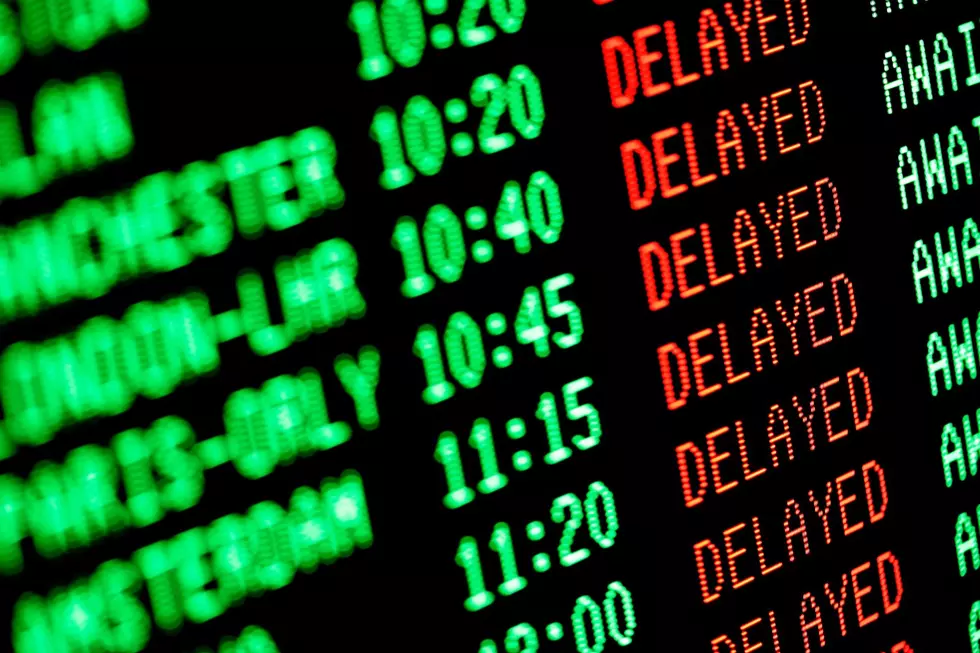
Ebola screening details revealed
State officials have released more details of the extra screening and staffing at Newark Liberty International Airport, one of five airports nationwide that are accepting travelers from three Ebola-affected countries in West Africa.
The state's Office of Homeland Security and Preparedness, Office of the Attorney General and Department of Health have boots on the ground at Newark Liberty, which began Ebola screening for certain passengers on Oct. 16. Centers for Disease Control employees are on hand as well.
Passengers who started their travel in an affected West African country are met with temperature checks, visual inspection for Ebola symptoms and questions about recent exposure.
"If an individual is symptomatic at Newark Airport, the federal government will arrange for transportation to an appropriate hospital," said Christopher Rodriguez, state OHSP director.
Three New Jersey hospitals -- University Hospital in Newark, Robert Wood Johnson University Hospital in New Brunswick and Hackensack University Medical Center in Hackensack -- have been assigned to treat potential patients with Ebola.
Incoming passengers who present no symptoms, but may be at risk due to direct or indirect contact with Ebola patients, could be subject to quarantine.
The New Jersey Department of Human Services has arranged temporary housing for asymptomatic, at-risk individuals, according to Commissioner Jennifer Velez.
"We're also finalizing the temporary housing capabilities of hospitals with vacant or inactive space, which can easily be brought back online with no impact to acute care needs," Velez said.
Passengers who happen to be New Jersey residents and are considered at-risk "will quarantine in their own homes," the commissioner said. Out-of-state residents within a reasonable distance from Newark Liberty will be transported to their homes.
Federal authorities announced Wednesday that anyone coming from West Africa to six states, including New Jersey, will be monitored for symptoms for 21 days. The new program starts Monday.
More From New Jersey 101.5 FM









